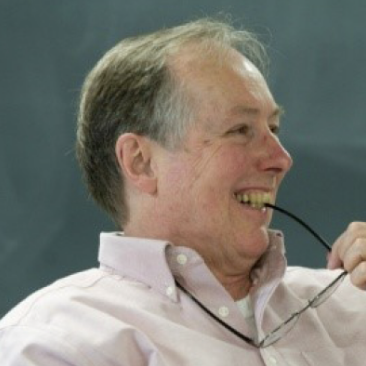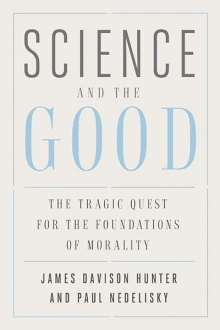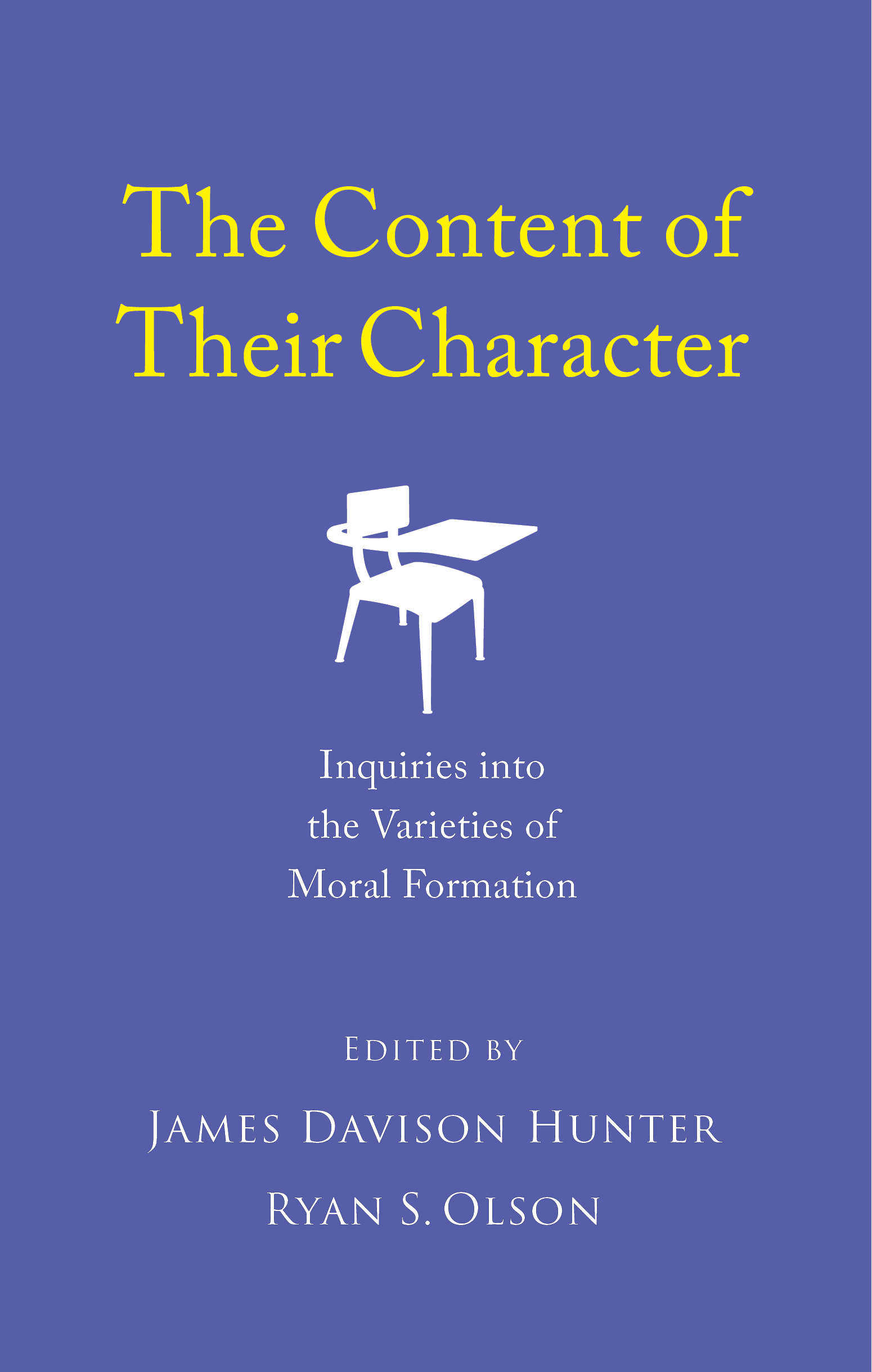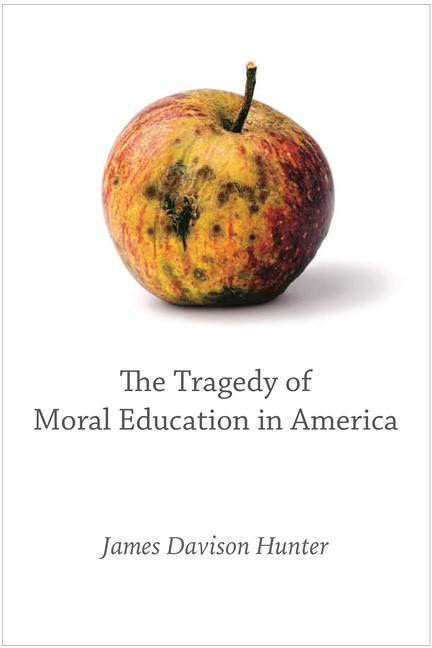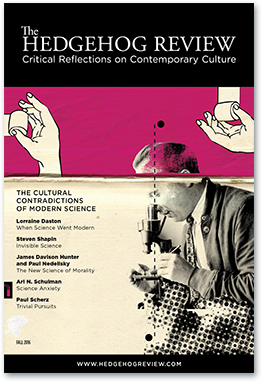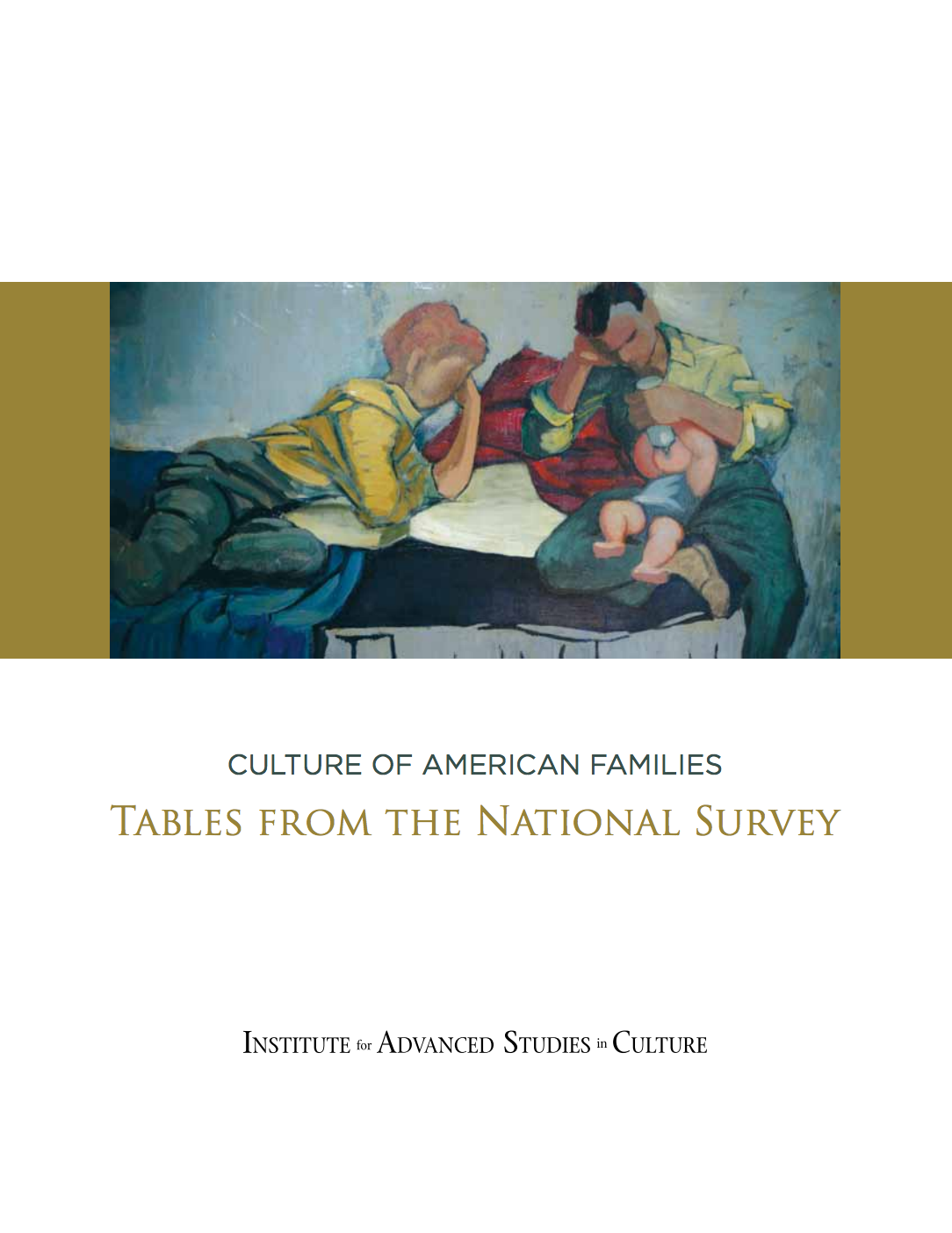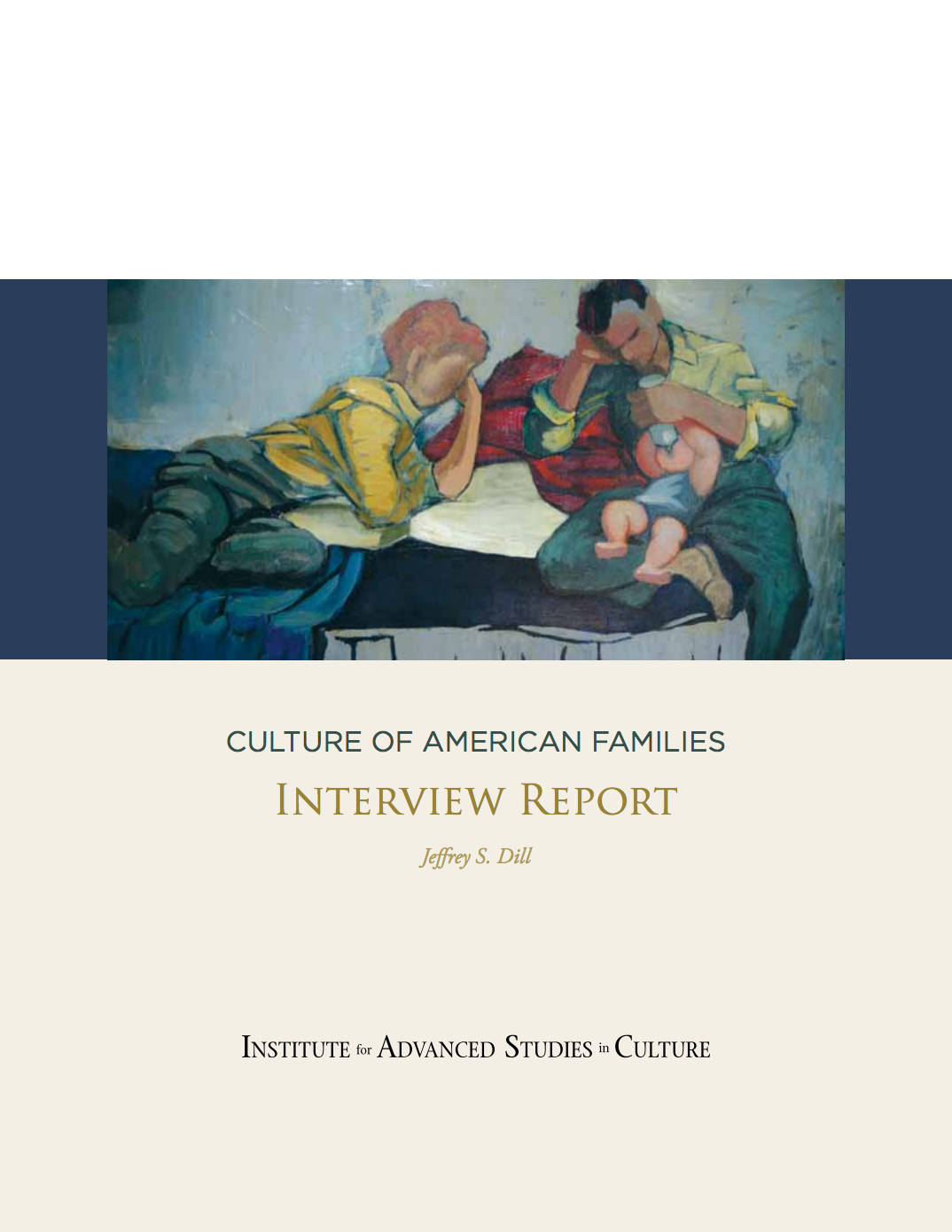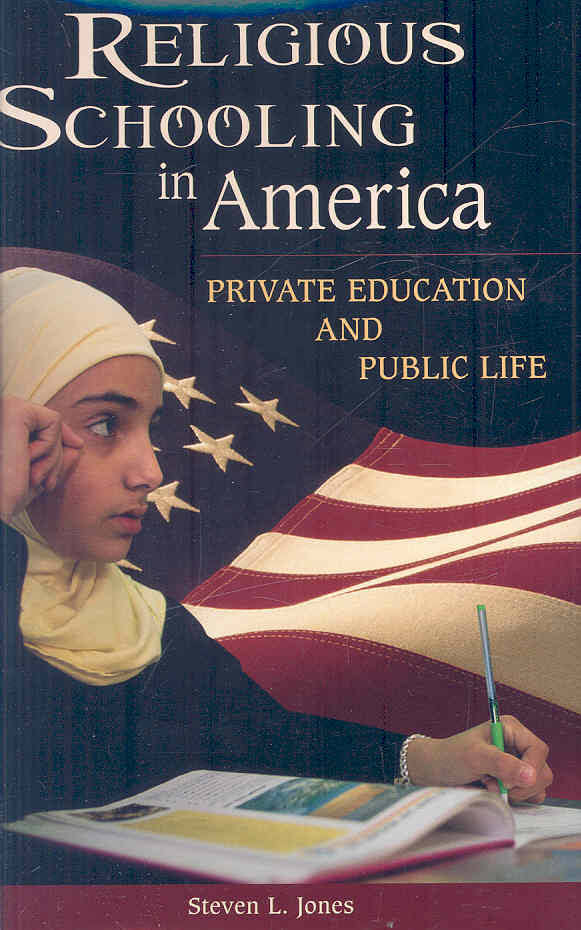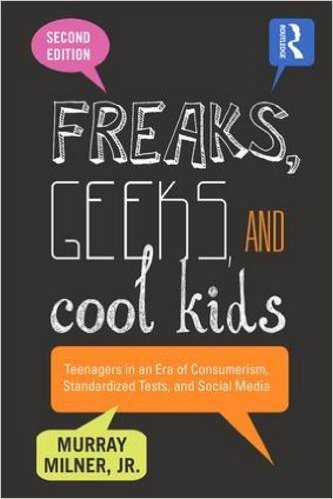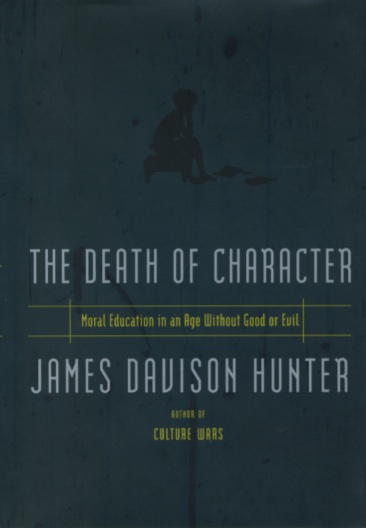Culture & Formation
Colloquy
What does it take to form good children, wise leaders, and virtuous citizens?
Co-Chairs: Angel Adams Parham & Rachel Wahl
Social transformations in the late modern world have radically changed the experience of growing up and the circumstances under which children are socialized and develop self-identities. From the vast expansion of communications media to the decline of family and community groupings to the increasing interconnectedness and employment changes brought by globalization, these shifts have resulted in a far more fluid and unpredictable social environment.
In this context, personal identity and formation are decoupled from stable, role-based social relations. Children grow up in a more mobile and individualized world structured by both fewer and weaker external authorities. As a consequence, identity experimentation and exploration have become the norm; choices are made and assessed against a background of contingency, uncertainty, and risk. The Colloquy on Culture and Formation explores the impact of these cultural changes—changes that have produced an altogether new normative environment for young and old alike.
To illustrate: new rules of competition in a globalized world have established powerful norms of individual success. This is especially so in the middle and upper-middle classes, but it ripples throughout society. In this world, people are expected to make an “enterprise” of their lives and conduct their activities with not only energy and initiative but also calculation. They must maximize their own human capital, project a future, and act upon themselves in order to achieve their goals. These criteria for adequate personhood are being inculcated in children at a progressively younger age.
Educational benchmarks, developmental stages, standardized trajectories of success, even the “discovery” of new mental disorders—all of these put pressure on children to conform to expectations of autonomous actorhood and strictly “rational” choice-making. The Colloquy on Culture and Formation thus uncovers the breadth and depth of late modernity’s effect on formation of the young in order to provide alternative paradigms for present and future development.
The Black Intellectual Tradition: Reading Freedom in Classical Literature
The powerful legacy of classical education among Black intellectuals and teachers in America is a national treasure with the capacity to bless teachers and students the world over. Authors Anika Prather and Angel Parham introduce us to readers, writers, teachers, artists, and people of action who loved, taught, and put into practice the wisdom and virtue of the great voices who came before.
Learn moreThe Myth of 'Authenticity'
Senior Fellow Charles Glenn contributed a chapter, "The Myth of 'Authencity'," to Relationship Aspects of Parental Involvement, edited by William Jeynes and published by Routledge July, 2022.
Learn moreThe Instrumental University: Education in Service of the National Agenda after World War II
A new book by Institute Associate Fellow Ethan Schrum combines intellectual, institutional, and political history to reinterpret postwar American life through the changes in higher education.
Learn moreThe Private Voice: Homeschooling, Hannah Arendt, and Political Education
Institute Fellow Jeffrey Dill and coauthor Mary Elliot ask, How does homeschooling affect political orientation?
Learn moreScience and the Good: The Tragic Quest for the Foundations of Morality
In this illuminating book, James Davison Hunter and Paul Nedelisky recount the centuries-long, passionate quest to discover a scientific foundation for morality.
Learn moreThe Content of Their Character
Edited by James Davison Hunter and Ryan S. Olson as part of the School Cultures and Student Formation project of the Culture and Formation Colloquy, The Content of Their Character features groundbreaking research from the Institute on ten sectors of American schools. The book is a one-of-a-kind look into the complexities of the moral and character formation of children, discovered through in-depth, on-the-ground ethnographies.
Learn moreThe Tragedy of Moral Education in America
The Tragedy of Moral Education in America seeks to understand character, the definition of good character, and what is necessary to cultivate good character in our children.
Learn more
‘Status Distinctions and Boundaries’
A landmark compendium that includes Institute Senior Fellow Murray Milner’s essay “Status Distinctions and Boundaries” is now in its second edition.
Learn moreDemocracy's Schools: The Rise of Public Education in America
At a time when Americans are debating the future of public education, Johann N. Neem tells the inspiring story of how and why Americans built a robust public school system in the decades between the Revolution and the Civil War. Ultimately, Neem concludes, public schools encouraged a diverse people to see themselves as one nation. By studying the origins of America’s public schools, Neem urges us to focus on the defining features of democratic education: promoting equality, nurturing human beings, preparing citizens, and fostering civic solidarity.
Learn moreWhere the New Science of Morality Goes Wrong
James Davison Hunter and Paul Nedelisky ask whether science do for morality what it has done for physics, chemistry, biology, astronomy, mathematics, and technology.
Learn moreWhy Worry about Evolution? Boundaries, Practices, and Moral Salience in Sunni and Evangelical High Schools
Previous work on conservative Protestant creationism fails to account for other creationists who are much less morally invested in opposition to evolution, raising the sociological question: What causes issues’ moral salience? Through ethnographic fieldwork in four creationist high schools in the New York City area (two Sunni Muslim and two conservative Protestant), Guhin argues that evolution is more important to the Christian schools because it is dissonant with their key practices and boundaries. The theory of evolution is salient for American Evangelicals because it is dissonant with reading the Bible literally, which is both their key practice and key boundary. For American Muslims, the key practice is prayer, and the key boundary is gender performance, neither of which is dissonant with evolution. These cases provide evidence for a theory of moral salience that is more cultural and micro-level than the typical political and macro-level studies of issues’ political salience.
Learn moreCharacter Education
The story of character is a complex one, deeply involved with the intellectual, cultural, and institutional narratives of particular historical contexts. Some argue character does not exist; others claim character is (or should be) the cardinal concern of central societal institutions such as schooling.
Learn moreMoral Education in Elite University Education Schools: A Review of Early 21st Century Developments
Moral Education in Elite University Education Schools: A Review of Early 21st Century Developments surveys the landscape of elite university education schools' acitivities in the field of moral education. It examines the implicit and explicit messages about moral education found in educational psychology textbooks, describes the approach of various courses on moral education and the thought of the professors who teach them, and it traces the rise of the dominant social justice rhetoric and provides a critical analysis of how it shapes beliefs about moral education.
Learn moreThe Longings and Limits of Global Citizenship Education: The Moral Pedagogy of Schooling in a Cosmopolitan Age
As the world seemingly gets smaller and smaller, schools around the globe are focusing their attention on expanding the consciousness and competencies of their students to prepare them for the conditions of globalization. Global citizenship education is rapidly growing in popularity because it captures the longings of so many—to help make a world of prosperity, universal benevolence, and human rights in the midst of globalization’s varied processes of change.
This book offers an empirical account from the perspective of teachers and classrooms, based on a qualitative study of ten secondary schools in the United States and Asia that explicitly focus on making global citizens. Global citizenship in these schools has two main elements, both global competencies (economic skills) and global consciousness (ethical orientations) that proponents hope will bring global prosperity and peace. However, many of the moral assumptions of global citizenship education are more complex and contradict these goals, and are just as likely to have the unintended consequence of reinforcing a more particular Western individualism. While not arguing against global citizenship education per se, the book argues that in its current forms it has significant limits that proponents have not yet acknowledged, which may very well undermine it in the long run.
Learn moreCulture of American Families: A National Survey
The Culture of American Families: A National Survey provides a summary and discussion of key findings from the nationally representative survey of parents of school-age children. It explores the state of the American Family from the parents’ perspective, including their activities, cultural beliefs and assumptions, aspirations for their children’s future, and interactions with their children. It also introduces four distinct family cultures—The Faithful, Engaged Progressives, The Detached, and American Dreamers—as a way to understand the moral ecology within which children, and their parents, reside.
This report includes the complete survey questionnaire with the distributions of response to each question.
Learn moreCulture of American Families: Executive Report
The Culture of American Families: Executive Report provides an extensive summary of the findings in the Culture of American Families: A National Survey and Culture of American Families: Interview Report and includes thoughts for practitioners working with American families on a daily basis.
Learn moreCulture of American Families: Interview Report
The Culture of American Families: Interview Report provides preliminary findings and analysis from the in-person interviews. It addresses parents’ sense of waning influence and authority, as reflected in their diminished trust in their neighbors and community and their perceptions about technology in the lives of their children. In addition, it explores how parents seek to influence their children by encouraging children to “think for yourself” and maintaining close relationships through constant communication.
Learn moreCulture of American Families: Tables from the National Survey
This document contains cross-tabulations of survey questions by key demographic variables.
Learn moreAdult Supervision Required: Private Freedom and Public Constraints for Parents and Children
Adult Supervision Required considers the contradictory ways in which contemporary American culture has imagined individual autonomy for parents and children.
Learn moreReligious Schooling in America: Private Education and Public Life
Advocates of religious schooling have frequently had to answer the charge that what they supported was un-American. In a book that is more than just a history, Jones tries to make sense of that charge by tracing the development of religious schooling in America over the last 125 years.
Learn moreFreaks, Geeks, and Cool Kids: American Teenagers, Schools, and the Culture of Consumption
An absorbing journey that stirs up a mixture of nostalgia and dismay, Freaks, Geeks, and Cool Kids shows how high school distills the worst features of American consumer society and shapes how we relate to our neighbors, partners, and coworkers. It also provides insight into how our schools and the lives of teenagers might be transformed.
Learn moreStudent Movements for Multiculturalism: Challenging the Curricular Color Line in Higher Education
Based on interviews, primary documents, and the existing literature on race and ethnic relations, education, cultural conflict, and the sociology of organizations, Student Movements for Multiculturalism makes an important contribution to our understanding of how curricular change occurs and concludes that multiculturalism represents an opening, not a closing, of the American mind.
Learn moreStudent Movements for Multiculturalism: Challenging the Curricular Color Line in Higher Education
Based on interviews, primary documents, and the existing literature on race and ethnic relations, education, cultural conflict, and the sociology of organizations, Student Movements for Multiculturalism makes an important contribution to our understanding of how curricular change occurs and concludes that multiculturalism represents an opening, not a closing, of the American mind.
Learn moreThe Death of Character: Moral Education in an Age Without Good or Evil
Professor James Davison Hunter traces the death of character to the disintegration of the moral and social conditions that make character possible in the first place. The dilemma he uncovers in The Death of Character: Moral Education in an Age Without Good or Evil is especially acute in the realm of moral education, where society explicitly takes on the task of instilling enduring moral commitments and ideals within young people. The various strategies for accomplishing this task – psychological, communitarian and traditionalist – all operate, in the end, within a framework that renders the goal unachievable.
Learn moreBooks
The Black Intellectual Tradition: Reading Freedom in Classical Literature
The powerful legacy of classical education among Black intellectuals and teachers in America is a national treasure with the capacity to bless teachers and students the world over. Authors Anika Prather and Angel Parham introduce us to readers, writers, teachers, artists, and people of action who loved, taught, and put into practice the wisdom and virtue of the great voices who came before.
Learn moreThe Instrumental University: Education in Service of the National Agenda after World War II
A new book by Institute Associate Fellow Ethan Schrum combines intellectual, institutional, and political history to reinterpret postwar American life through the changes in higher education.
Learn moreScience and the Good: The Tragic Quest for the Foundations of Morality
In this illuminating book, James Davison Hunter and Paul Nedelisky recount the centuries-long, passionate quest to discover a scientific foundation for morality.
Learn moreThe Content of Their Character
Edited by James Davison Hunter and Ryan S. Olson as part of the School Cultures and Student Formation project of the Culture and Formation Colloquy, The Content of Their Character features groundbreaking research from the Institute on ten sectors of American schools. The book is a one-of-a-kind look into the complexities of the moral and character formation of children, discovered through in-depth, on-the-ground ethnographies.
Learn moreThe Tragedy of Moral Education in America
The Tragedy of Moral Education in America seeks to understand character, the definition of good character, and what is necessary to cultivate good character in our children.
Learn more
Democracy's Schools: The Rise of Public Education in America
At a time when Americans are debating the future of public education, Johann N. Neem tells the inspiring story of how and why Americans built a robust public school system in the decades between the Revolution and the Civil War. Ultimately, Neem concludes, public schools encouraged a diverse people to see themselves as one nation. By studying the origins of America’s public schools, Neem urges us to focus on the defining features of democratic education: promoting equality, nurturing human beings, preparing citizens, and fostering civic solidarity.
Learn moreMoral Education in Elite University Education Schools: A Review of Early 21st Century Developments
Moral Education in Elite University Education Schools: A Review of Early 21st Century Developments surveys the landscape of elite university education schools' acitivities in the field of moral education. It examines the implicit and explicit messages about moral education found in educational psychology textbooks, describes the approach of various courses on moral education and the thought of the professors who teach them, and it traces the rise of the dominant social justice rhetoric and provides a critical analysis of how it shapes beliefs about moral education.
Learn moreThe Longings and Limits of Global Citizenship Education: The Moral Pedagogy of Schooling in a Cosmopolitan Age
As the world seemingly gets smaller and smaller, schools around the globe are focusing their attention on expanding the consciousness and competencies of their students to prepare them for the conditions of globalization. Global citizenship education is rapidly growing in popularity because it captures the longings of so many—to help make a world of prosperity, universal benevolence, and human rights in the midst of globalization’s varied processes of change.
This book offers an empirical account from the perspective of teachers and classrooms, based on a qualitative study of ten secondary schools in the United States and Asia that explicitly focus on making global citizens. Global citizenship in these schools has two main elements, both global competencies (economic skills) and global consciousness (ethical orientations) that proponents hope will bring global prosperity and peace. However, many of the moral assumptions of global citizenship education are more complex and contradict these goals, and are just as likely to have the unintended consequence of reinforcing a more particular Western individualism. While not arguing against global citizenship education per se, the book argues that in its current forms it has significant limits that proponents have not yet acknowledged, which may very well undermine it in the long run.
Learn moreAdult Supervision Required: Private Freedom and Public Constraints for Parents and Children
Adult Supervision Required considers the contradictory ways in which contemporary American culture has imagined individual autonomy for parents and children.
Learn moreReligious Schooling in America: Private Education and Public Life
Advocates of religious schooling have frequently had to answer the charge that what they supported was un-American. In a book that is more than just a history, Jones tries to make sense of that charge by tracing the development of religious schooling in America over the last 125 years.
Learn moreFreaks, Geeks, and Cool Kids: American Teenagers, Schools, and the Culture of Consumption
An absorbing journey that stirs up a mixture of nostalgia and dismay, Freaks, Geeks, and Cool Kids shows how high school distills the worst features of American consumer society and shapes how we relate to our neighbors, partners, and coworkers. It also provides insight into how our schools and the lives of teenagers might be transformed.
Learn moreStudent Movements for Multiculturalism: Challenging the Curricular Color Line in Higher Education
Based on interviews, primary documents, and the existing literature on race and ethnic relations, education, cultural conflict, and the sociology of organizations, Student Movements for Multiculturalism makes an important contribution to our understanding of how curricular change occurs and concludes that multiculturalism represents an opening, not a closing, of the American mind.
Learn moreThe Death of Character: Moral Education in an Age Without Good or Evil
Professor James Davison Hunter traces the death of character to the disintegration of the moral and social conditions that make character possible in the first place. The dilemma he uncovers in The Death of Character: Moral Education in an Age Without Good or Evil is especially acute in the realm of moral education, where society explicitly takes on the task of instilling enduring moral commitments and ideals within young people. The various strategies for accomplishing this task – psychological, communitarian and traditionalist – all operate, in the end, within a framework that renders the goal unachievable.
Learn moreArticles
The Private Voice: Homeschooling, Hannah Arendt, and Political Education
Institute Fellow Jeffrey Dill and coauthor Mary Elliot ask, How does homeschooling affect political orientation?
Learn more‘Status Distinctions and Boundaries’
A landmark compendium that includes Institute Senior Fellow Murray Milner’s essay “Status Distinctions and Boundaries” is now in its second edition.
Learn moreWhere the New Science of Morality Goes Wrong
James Davison Hunter and Paul Nedelisky ask whether science do for morality what it has done for physics, chemistry, biology, astronomy, mathematics, and technology.
Learn moreWhy Worry about Evolution? Boundaries, Practices, and Moral Salience in Sunni and Evangelical High Schools
Previous work on conservative Protestant creationism fails to account for other creationists who are much less morally invested in opposition to evolution, raising the sociological question: What causes issues’ moral salience? Through ethnographic fieldwork in four creationist high schools in the New York City area (two Sunni Muslim and two conservative Protestant), Guhin argues that evolution is more important to the Christian schools because it is dissonant with their key practices and boundaries. The theory of evolution is salient for American Evangelicals because it is dissonant with reading the Bible literally, which is both their key practice and key boundary. For American Muslims, the key practice is prayer, and the key boundary is gender performance, neither of which is dissonant with evolution. These cases provide evidence for a theory of moral salience that is more cultural and micro-level than the typical political and macro-level studies of issues’ political salience.
Learn moreCharacter Education
The story of character is a complex one, deeply involved with the intellectual, cultural, and institutional narratives of particular historical contexts. Some argue character does not exist; others claim character is (or should be) the cardinal concern of central societal institutions such as schooling.
Learn moreSurveys
Culture of American Families: A National Survey
The Culture of American Families: A National Survey provides a summary and discussion of key findings from the nationally representative survey of parents of school-age children. It explores the state of the American Family from the parents’ perspective, including their activities, cultural beliefs and assumptions, aspirations for their children’s future, and interactions with their children. It also introduces four distinct family cultures—The Faithful, Engaged Progressives, The Detached, and American Dreamers—as a way to understand the moral ecology within which children, and their parents, reside.
This report includes the complete survey questionnaire with the distributions of response to each question.
Learn moreCulture of American Families: Executive Report
The Culture of American Families: Executive Report provides an extensive summary of the findings in the Culture of American Families: A National Survey and Culture of American Families: Interview Report and includes thoughts for practitioners working with American families on a daily basis.
Learn moreCulture of American Families: Interview Report
The Culture of American Families: Interview Report provides preliminary findings and analysis from the in-person interviews. It addresses parents’ sense of waning influence and authority, as reflected in their diminished trust in their neighbors and community and their perceptions about technology in the lives of their children. In addition, it explores how parents seek to influence their children by encouraging children to “think for yourself” and maintaining close relationships through constant communication.
Learn moreCulture of American Families: Tables from the National Survey
This document contains cross-tabulations of survey questions by key demographic variables.
Learn moreThe Past, Present, and Future of Democratic Education in America: Public Panel Discussion
On November 16, 2017, the Institute sponsored a discussion of Johann Neem's Democracy's Schools: The Rise of Public Education in America at the Brookings Institution in Washington, DC.The event was co-sponsored by the Brown Center and engaged education leaders in a 90-minute conversation with the author, discussing the civic purposes of public education through the lens of the origins and history of American public schools.
Event detailsIslamic Schools in America: Questions of Faith, Assimilation, and Character: Public Panel
Join us for the panel discussion, "Islamic Schools in America: Questions of Faith, Assimilation, and Character," where we will highlight current research at the Institute for Advanced Studies in Culture on citizenship and character education in Islamic schools. The results are part of a a four-year qualitative study of how schools in ten sectors of American education form public and personal virtue (citizenship and character) in their students.
Event detailsConfident Pluralism and the University: Panel Discussion and Book Launch with John Inazu, Stanley Hauerwas, and Larycia Hawkins
John D. Inazu, Stanley Hauerwas, and Larycia Hawkins spoke on a panel probing the connections between Confident Pluralism and the university.
Event detailsTalbot Brewer
- Senior Fellow
- Professor of Philosophy, University of Virginia
Jeffrey Dill
- Fellow
- Donchian Scholar of Character and Culture, School Cultures and Student Formation Project
- Research Assistant Professor of Social Thought, Eastern University
Charles Glenn
- Senior Fellow
- Professor Emeritus, Boston University
Jeff Guhin
- Visiting Fellow
- Associate Professor of Sociology, UCLA
James Davison Hunter
- Executive Director of the Institute for Advanced Studies in Culture
- Publisher, The Hedgehog Review
- LaBrosse-Levinson Distinguished Professor of Religion, Culture and Social Theory, U. of Virginia
Paul Nedelisky
- Assistant Director
- Fellow
Ryan S. Olson
- Fellow
Angel Adams Parham
- Cochair, Colloquy on Culture and Formation
- Associate Professor of Sociology, University of Virginia
- Senior Fellow
Gerard Robinson
- Fellow of Practice
Rachel Wahl
- Member, The Council Trust
- Cochair, Colloquy on Culture & Formation
- Fellow


